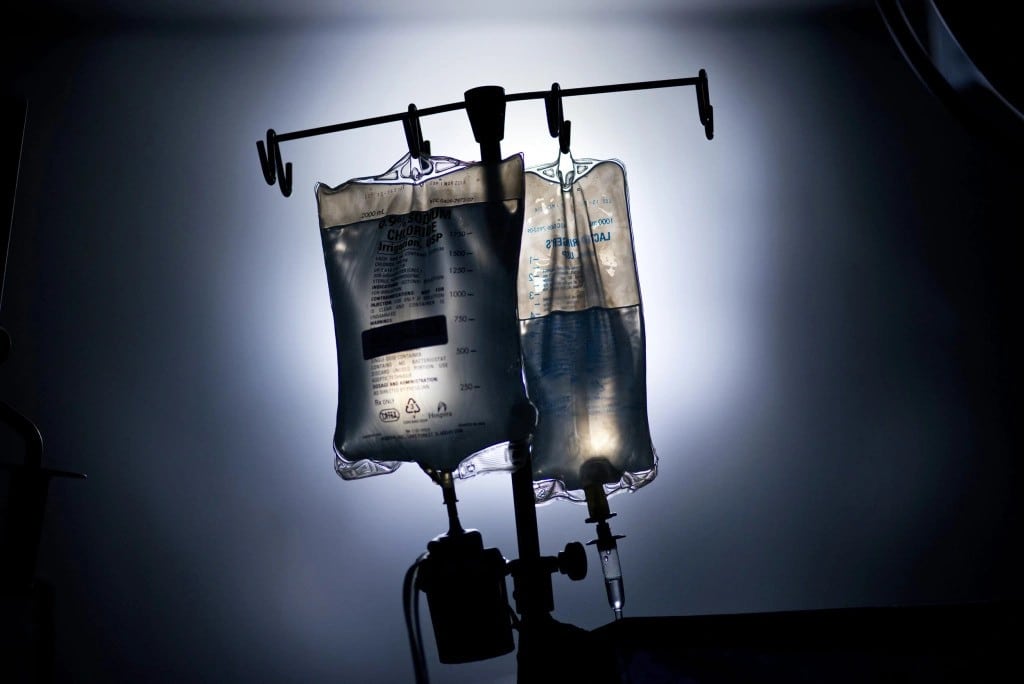After announcing the closure of its biggest manufacturing site Sunday due to flooding caused by Hurricane Helene, Baxter International—the U.S.’ top supplier of hospital IV fluids—is laying out details on recovery efforts for the plant and its employees.
Still, it may be some time before Baxter’s North Cove facility in Marion, North Carolina, is back up and running.
While progress is already being made after the storm, which resulted in water “permeating” Baxter’s plant, the company cautioned Thursday that it does not yet have a timeline for when operations at the North Cove site will be back online.
In addition to the flooding at the site, which is the largest in Baxter’s global manufacturing network, bridges leading to the site were damaged in the hurricane, hampering transportation of remediation equipment going into the facility and some finished products unaffected by the storm that Baxter is seeking to get out to customers and patients.
Baxter said it has helped set up a temporary bridge to support “limited transfers,” with the expectation that a permanent bridge will be installed by the Army Corps of Engineers and the North Carolina Department of Transportation “in the coming weeks.”In the company’s original closure announcement, Baxter’s CEO, José Almeida, noted that efforts to restore the facility were already underway, stressing that Baxter would “spare no resource—human or financial—to resume production and help ensure patients and providers have the products they need.”
As of Sunday, the Baxter International Foundation had committed $1.5 million in donations to its humanitarian aid partners to help with recovery needs, which include allocating funds to its employee disaster relief fund. The company is also matching employee donations to relief efforts 2:1.
Meanwhile, Baxter continues to assess the full extent of the damage done to the plant as remediation workers have kicked off work in parallel. Baxter noted that around 500 remediation workers are actively trying to pick up the pieces at the facility, with that number expected to double in the week ahead.
The plant in question primarily manufactures intravenous (IV) and peritoneal dialysis (PD) solutions and is the largest producer of those critical drugs in the U.S.
To help ease supply constraints spurred on by storm damage, Baxter has implemented an allocation system to limit stockpiling and support equitable access to products including saline, dextrose and PD solutions.
The company is also working with the FDA to leverage Baxter’s global supply network as it works to restore operations at North Cove.
As Baxter’s largest plant, the North Cove facility employs about 2,500 workers.
Baxter says it is “grateful to have established contact with the vast majority” of its North Cove workforce but caveated that it is still working to confirm the well-being of some employees. Limited cell phone access in the aftermath of the storm is impeding those efforts, Baxter added.
Aside from the restoration efforts at the plant, Baxter has established an employee assistance center a few miles from the facility to provide its workers access to generators, laundry machines, showers and basic supplies like food, water and toiletries. The company will provide on-site counseling and financial assistance options as well.
With the timeline for the North Cove facility’s recuperation uncertain, many hospitals are already taking steps to conserve supplies of IV fluids.



